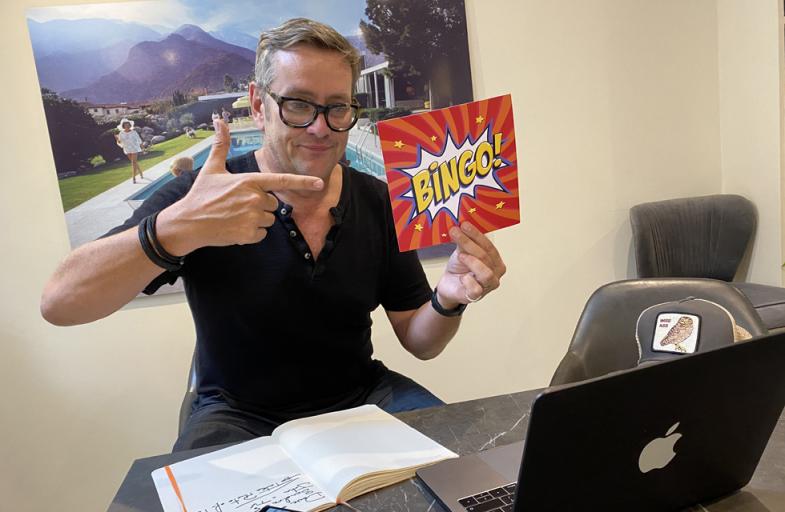[email protected]
03300 04 09 03
Employees need to be developed for many reasons, including to maximise their potential, help them along in their career and to integrate them into your already-established team. It is largely down to managers to ensure their employees are able to develop and grow in their role, but some of it comes down to human resource teams who have a duty to look out for the wellbeing of staff – both professionally and personally when it encroaches into the workplace.

If you work in HR and are looking for some ideas on how to improve upon your existing staff development programme, we’ve put together some ideas you might want to consider.
Training
Training your staff in order to aid their development sounds like a basic and obvious concept, but few companies actually invest in proper training for their employees, and when they do, it’s often not done in the most effective way. A lot of people leave a workplace when they feel like they’re not supported in their role properly, and this usually stems from a lack of training. Sometimes, it’s better to be thrown into the deep end, and this can be a great way to see if new candidates can handle the responsibilities asked of them, but this isn’t always a good thing and can have the reverse effect if adequate support is not offered.
The solution? Invest in proper training. Whether that’s right at the beginning when you welcome a new person on board, or if it’s ad-hoc throughout the year, setting up training sessions is one of the best ways to develop your staff, and it’s something human resource teams can easily implement. You might choose to do a training week during a period of time when your company isn’t overly busy, or you might choose to spread the training over the course of a few weeks/months if your business doesn’t really have any quiet periods.

Whenever you choose to do the training, you need to ensure you’re doing it in the most beneficial way. A lot of people don’t respond well to be being sat in a meeting room and watching a PowerPoint presentation whilst simultaneously taking notes. It’s disengaging and unstimulating, and many people switch off and lose focus – taking nothing in and, thus, rendering the training pointless. Instead, you can make it interactive.
Show them what you’re explaining, give them real-life examples and ask them to recreate what they’ve just learned. This will give them the opportunity to really take it all in, put it into practice and learn from other people on the team. They can have open discussions and detail what they’ve previously experienced and how they do things. This provides a great opportunity for them to learn and adapt, whether they’re new or not.
Mentoring
Mentoring is a tactic that is best used with new employees, but it may also be used with existing employees who are looking to progress in their careers and take on new responsibilities. Mentoring involves pairing employees up with someone else – usually a newbie. The mentors are typically long-standing members of the team and tend to be pretty advanced in their careers at the company, making them best-placed to offer insight and support to someone new.

As well as developing a person’s understanding of the job they’ve been hired to do, mentors are great for staff development because they can offer guidance and advice on the culture of the company; informing newbies of how the company as a whole runs. They can also offer a professional friendship which could be one of the first connections someone makes at a new place at work.
It is the job of HR to come up with appropriate mentor pairings that will work well, so those who work in human resources will need to have a good understanding of their existing team and the candidates they’re bringing on board. How good a mentor is will depend on the level of training they’ve had, which further cements the point about providing outstanding and regular training.
Communicate
You can’t expect your employees to grow and adapt unless you communicate with them. Many employers fail to give their employees the feedback and praise they need, but this where HR teams can step in. Employee development in human resource management is closely linked when you take into account the role of an HR person. Their job is to know how employees are feeling and make sure they feel comfortable and happy in their role, whilst ensuring the workplace is a happy and productive place. One way they can do this is in the form of feedback sessions.

Once a week, or once a month, the HR team could talk to every employee privately and ask them about how their week was, how things went, what could’ve been improved and what they would’ve changed. This will give them a real insight into how people in the office are really feeling and what could maybe be changed to aid development and make things more streamlined and productive.
How Team Challenge Company Can Help
If you’re struggling to implement effective staff development at your place of work, we can help with our Team Development programme. For more information about it, please contact us.